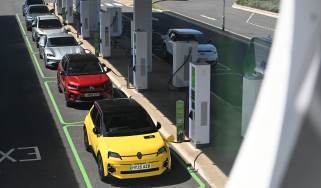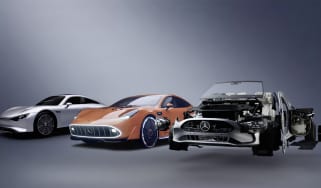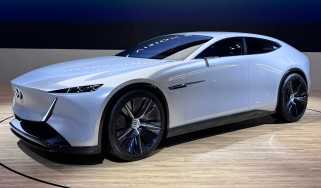More EV incentives needed, but ‘no role for hydrogen’
Climate Change Committee’s annual carbon budget says falling prices will accelerate the EV transition from 2026
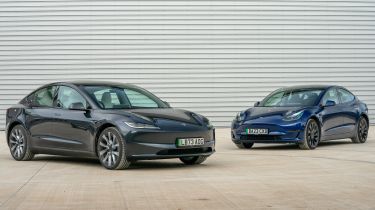
Nearly 80 per cent of us must be driving electric vehicles by 2040, according to the latest advice to the Government from the Climate Change Committee (CCC), the body charged by law with setting out the UK’s pathway to meeting net-zero commitments.
According to the CCC’s seventh annual statutory ‘carbon budget’ published today, the falling price of EVs after 2026 will contribute to a rapid acceleration of EV take-up. It says the transition will be “propelled by the falling cost of batteries, which allows electric cars to reach price parity with comparable petrol electric and diesel cars by 2026 to 2028. After this point, EVs will be cheaper to buy and run, making them the clear choice for many buyers and allowing sales to accelerate beyond the minimum levels set out in the zero-emission vehicle mandate,” it says.
The CCC report also points to the need for incentives in what it identifies as two major changes in consumer behaviour required to meet the UK’s net-zero carbon emission goal for 2050 - the EV transition and the adoption of heat pumps.
“Market mechanisms improve incentives to take the action required and provide a consistent basis for markets to grow and competition to develop. Examples include the zero-emission vehicle mandate and the clean heat market mechanism,” it says, adding that for both EVs and heat pumps, there is evidence of significant misinformation about their reliability and cost.
“Effective, trusted public engagement is important to address this,” the report says. “For example, 30 per cent of people wrongly see electric cars as being expensive to run and maintain, and 40 per cent wrongly believe that electric cars are no more environmentally friendly than petrol or diesel cars.”
Disappointingly for many drivers hoping for alternatives to ‘plugging in’, the Climate Change Committee has reaffirmed its lack of support for hydrogen as a road fuel transport for both cars and trucks.
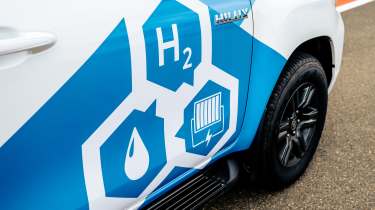
“By 2040, our Balanced Pathway sees hydrogen play a small but important role, particularly in industrial sectors such as ceramics and chemical production, which may find it hard to electrify. Hydrogen also has an important role within the electricity supply sector as a source of long-term storable energy that can be dispatched when needed and as a feedstock for synthetic fuels. However, we see no role for hydrogen in heating buildings and only a very niche, if any, role in surface transport,” it says.
BMW and Toyota are two car makers with well established plans to develop hydrogen fuel cell-powered passenger vehicles, while many automotive companies are developing hydrogen fuel cell-powered trucks. The CCC’s approach on hydrogen is out of step with the European Commission’s strategy too, with member states being actively encouraged to develop hydrogen fuelling infrastructure at key intervals on major routes.
Now you can buy an electric car through our network of top dealers around the UK. Search for the latest deals…


